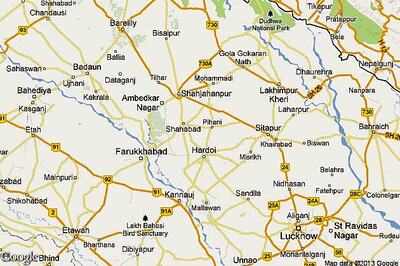
views
The Madras High Court on Friday gave the green light to the Nuclear Power Corporation of India Limited (NPCIL) to commission units I and II of the Koodankulam Nuclear Power Project (KKNPP) in Tirunelveli district.
“We are of the view that units I and II do not suffer from any infirmities either for want of any clearance from authorities, including the Ministry of Environment and Forests (MoEF), Atomic Energy Regulatory Board (AERB), TN Pollution Control Board (TNPCB) and the Department of Atomic Energy (DAE), and there is absolutely no impediment for the NPCIL to proceed with the project,” a division bench comprising justices P Jyothimani and M Duraiswamy said in its 280-page common judgment.
The bench was dismissing a batch of eight public interest writ petitions from G Sundarrajan, NGO Fishermen Care and six others, challenging the project.
The court, however, made it clear that the regulatory bodies should periodically oversee the compliance and maintenance of standards of pollution, and the like as contemplated under the law.
It also said the State government, through its Tirunelveli Collector, should take appropriate steps for conducting off-shore drills periodically in all the villages by involving both officials and local residents.
Unlike Fukushima in Japan and Chernobyl in Russia, where disasters broke out due to natural calamities and human errors, KKNPP was much safer, the bench said.
The Fukushima plant had a much older design and was situated within 130 km from the core tsunami area.
In contrast, KKNPP was more than 1,300 km away and was constructed at the highest grade elevation, the bench pointed out.
In its report dated February 27, an expert committee, constituted by Chief Minister J Jayalalithaa, had stated that the KKNPP was constructed with modern technology to withstand any external or internal disasters like tremors, earthquakes and tsunamis, the High Court Bench said.
The Bench also added that the Atomic Energy Regulatory Board and the Ministry of Environment and Forests had taken note of the widespread damage to the nuclear power plants at Fukushima in Japan and had set up a panel of experts to do a thorough study




















Comments
0 comment